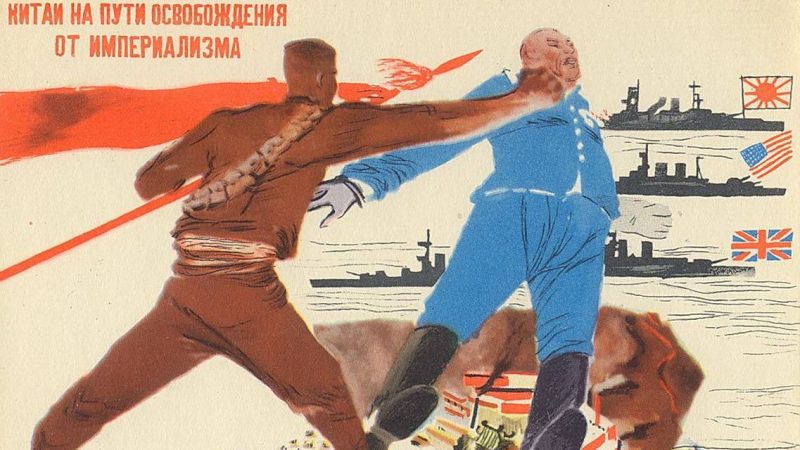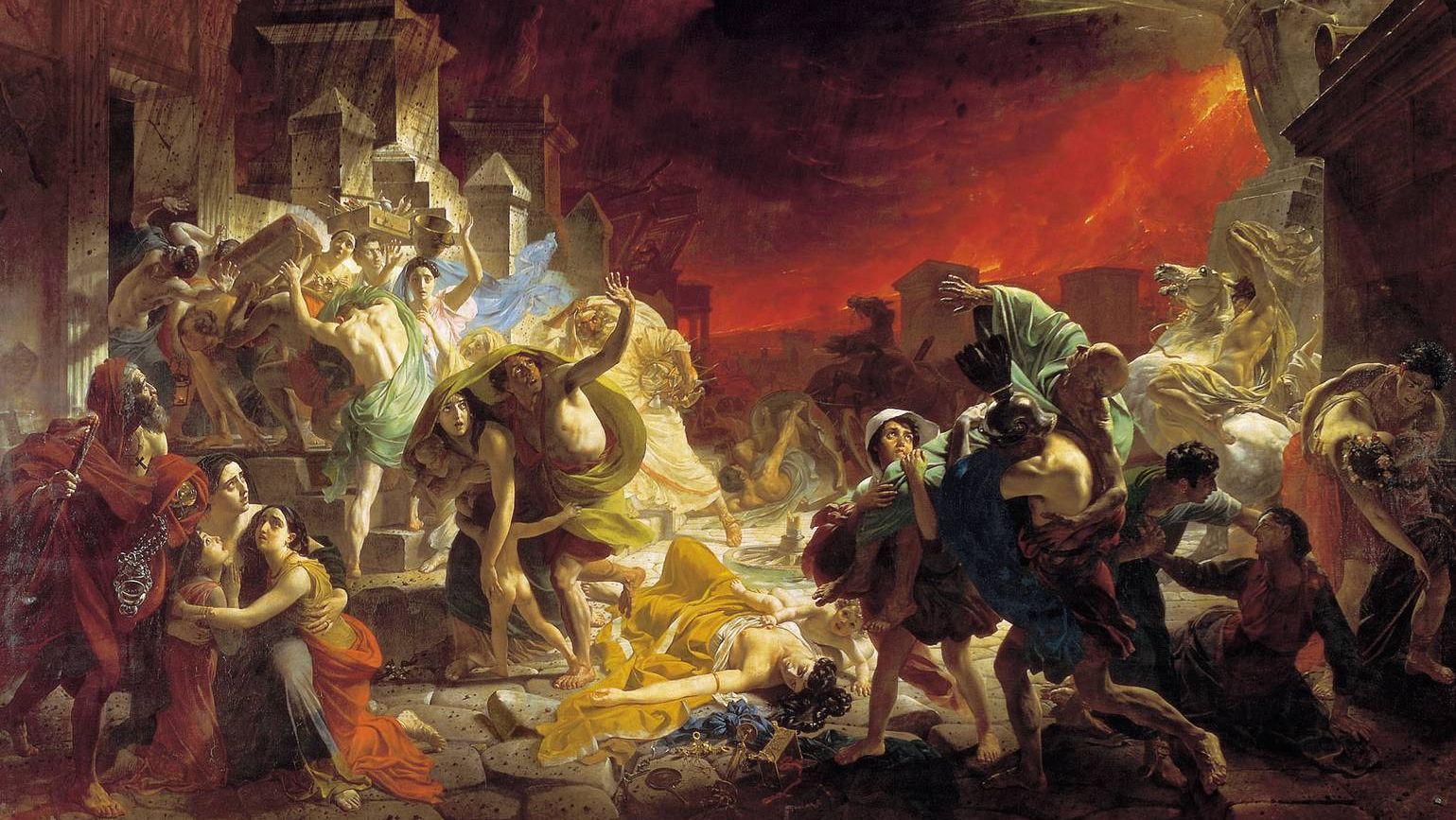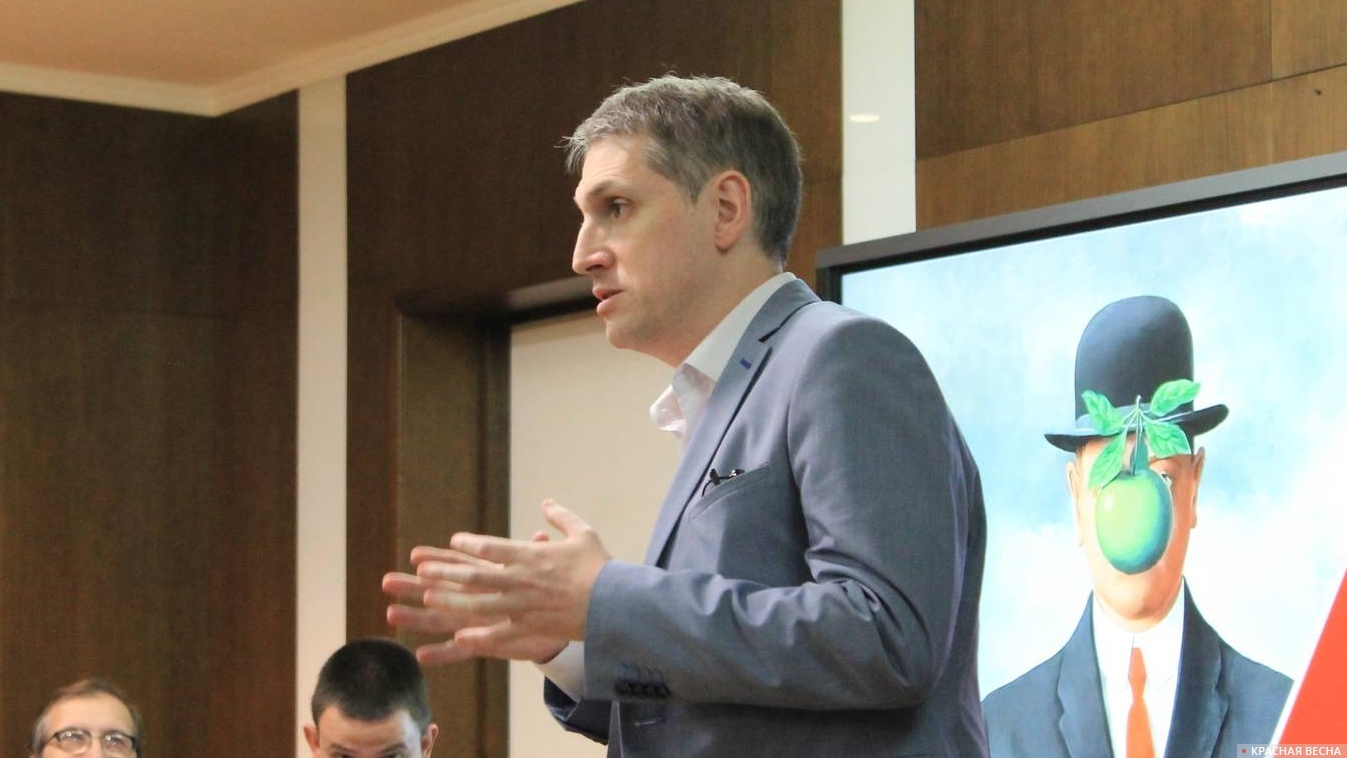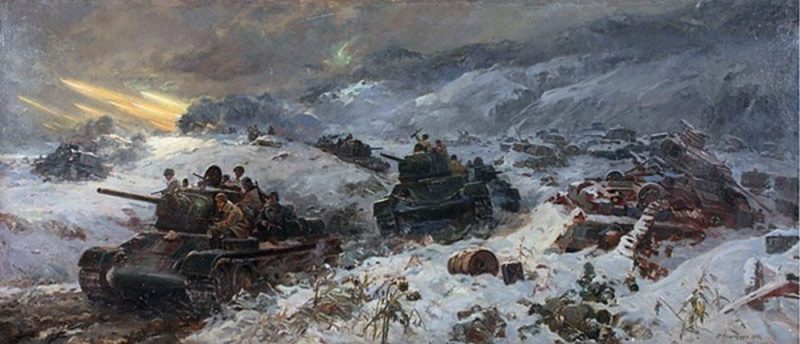01.04.2023, Moscow.
Russia’s and Belarus’s re-orientation from the West to the East has a problem related to “growing justifiable arrogance” of the East, said philosopher, political scientist and the leader of the Essence of Time movement Sergey Kurginyan in an interview to the BelTA Belarusian channel published on March 23.
The political scientist noted that Russia and Belarus, having realized there is no way for them to integrate into the West, made a decision to orient to the East.
“I think, however, that this strategy will soon demonstrate certain drawbacks, too, in both its Russian and Belarusian versions. They are due to the growing reasonable arrogance of the East,” Kurginyan said.
According to the political scientist, the point is that the East is transforming from a condition when it “understands the meaning of being the elder brother” to a condition when it “becomes the elder brother itself.” And it has “a colonial past, which neither Belarus no Russia has.”
Background
The Treaty on the Union State between Russia and Belarus was signed on April 2, 1997. The leader of Belarus Aleksandr Lukashenko actively promoted the deal. The parties planned to unify the legal basis, power structures, and the currency and market.
The integration process began to slow down because of political and economic disagreements. In particular, the president of Belarus has repeatedly claimed the risk of losing state sovereignty, allegedly under pressure from Russia. He also accuses Moscow of unwillingness to abolish customs duties.
Another important topic in the bilateral relations between Russia and Belarus is the sale of Russian oil and gas at preferential prices. At the same time, the stability of the political system of Belarusian President Aleksandr Lukashenko largely depends on the subsidies, which are put in the price of Russian hydrocarbons.
In recent years, Lukashenko’s political rhetoric has also sharpened, and he is ready to talk about the Great Patriotic War as an “alien” war for Belarus. On the one hand, the Belarusian leader declares brotherly relations with Moscow and unity of the people, but on the other hand, the polemics about the Union Treaty and oil and gas prices become more and more heated.
Both vectors of behavior are aimed at prolonging Lukashenko’s own power, including through the maintenance of economic stability at the expense of Russian discounts.
Source: Rossa Primavera News Agency




